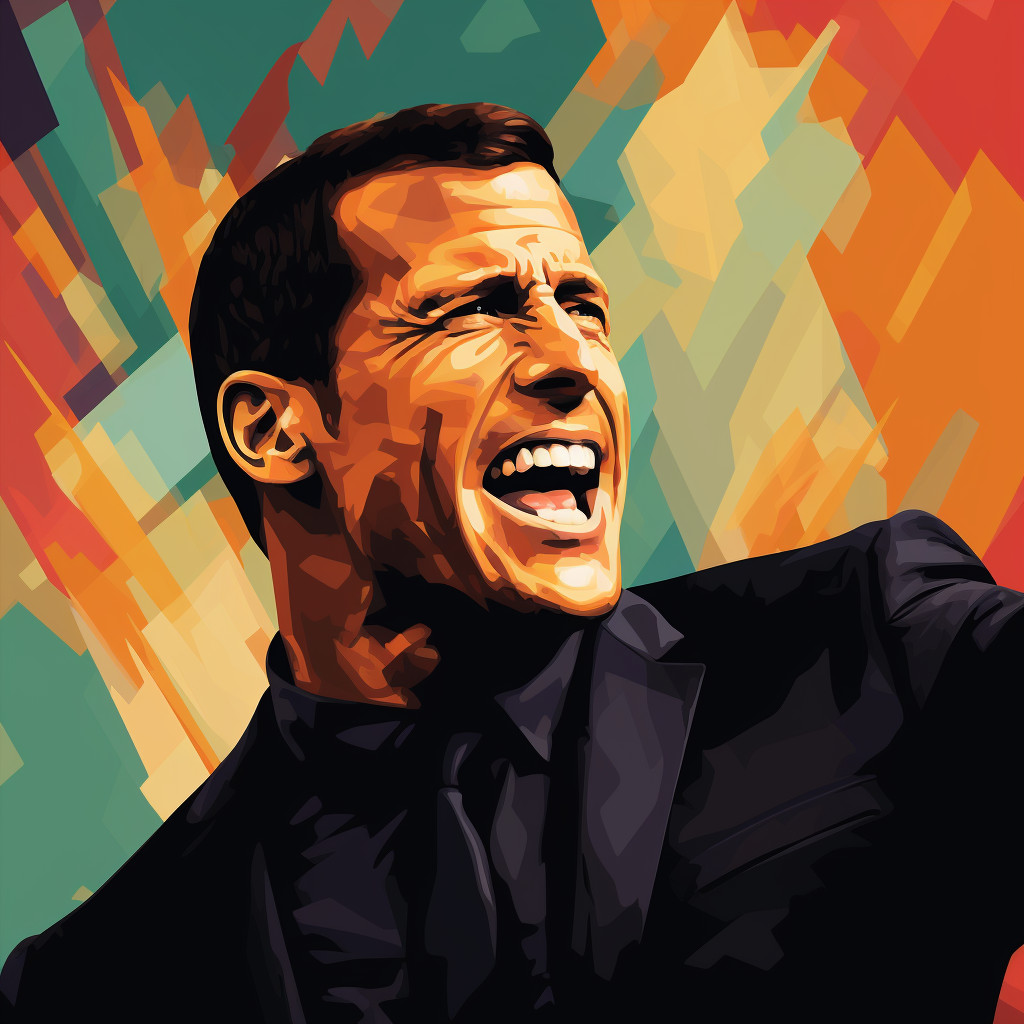This quote suggests that knowledge or solutions are often within our reach, but we fail to access them because we’re not asking the right questions. It implies that the key to understanding or problem-solving lies not in seeking answers, but in refining the questions we ask. This is an important concept as it shifts the focus from passive acceptance of information to active inquiry, encouraging us to be more thoughtful, analytical, and discerning.
In the context of today’s world, this idea is highly relevant. We are inundated with information from various sources, and the challenge is often not in finding answers, but in determining the right questions that will lead us to meaningful and useful insights. For example, in the face of a complex issue like climate change, instead of asking “Is climate change happening?”, a more productive question might be “What specific actions can we take to mitigate the effects of climate change?” The latter question is more solution-oriented and can lead to more constructive discussions and actions.
In terms of personal development, this quote underscores the importance of self-reflection and introspection. Instead of asking broad, vague questions like “Why am I unhappy?”, we might benefit more from asking more specific, targeted questions like “What aspects of my job are causing me stress and how can I manage them better?” or “What are the things in my life that bring me joy and how can I incorporate more of them into my daily routine?” By asking the right questions, we can gain a deeper understanding of ourselves and our situations, which can guide us towards more effective strategies for personal growth and happiness.





